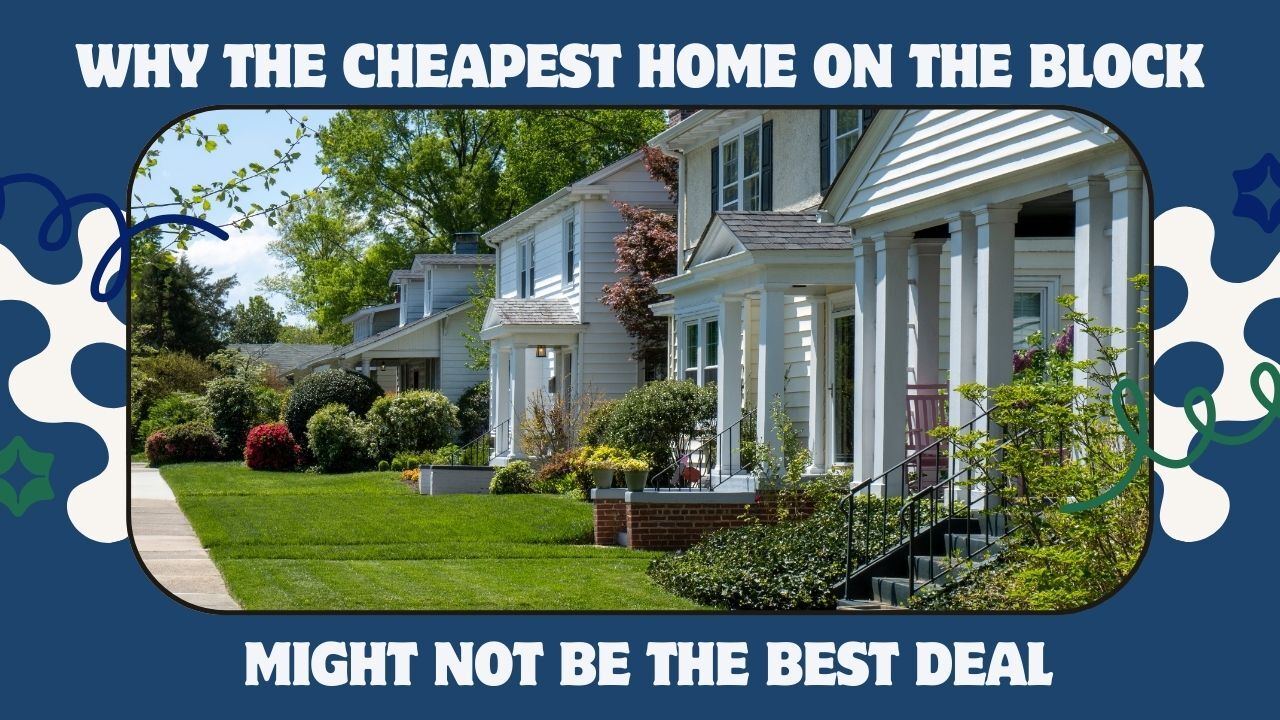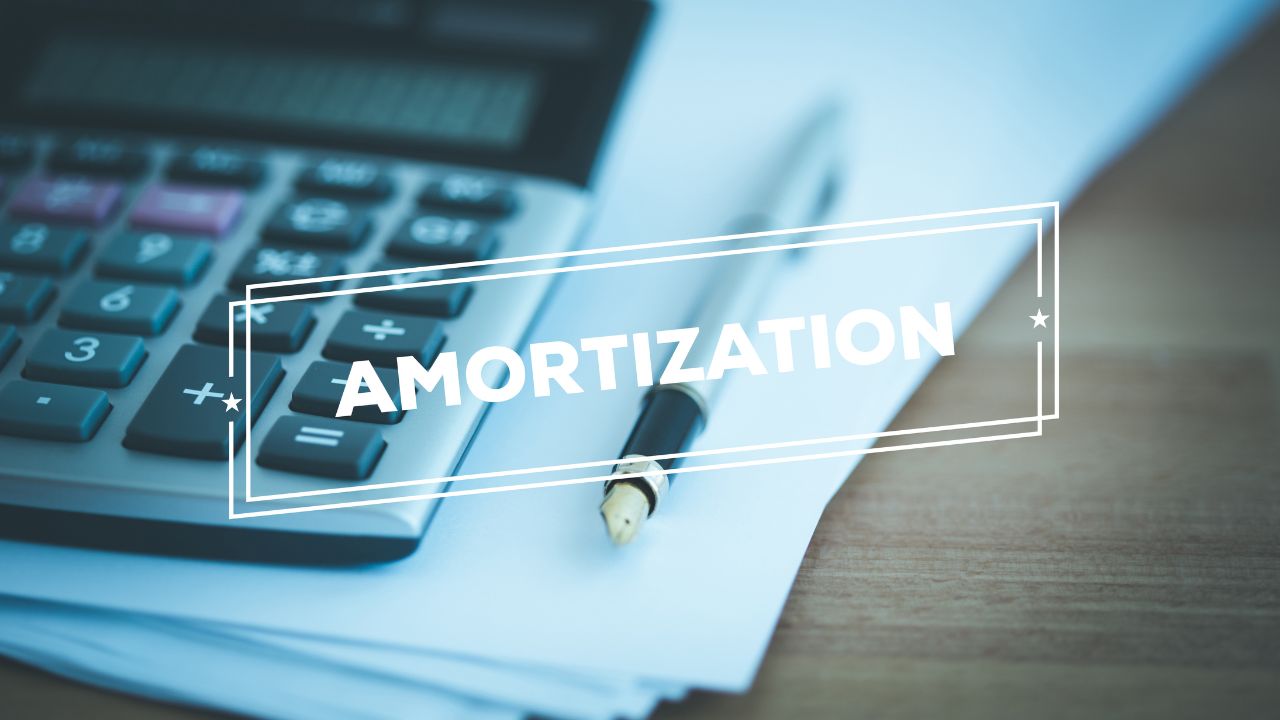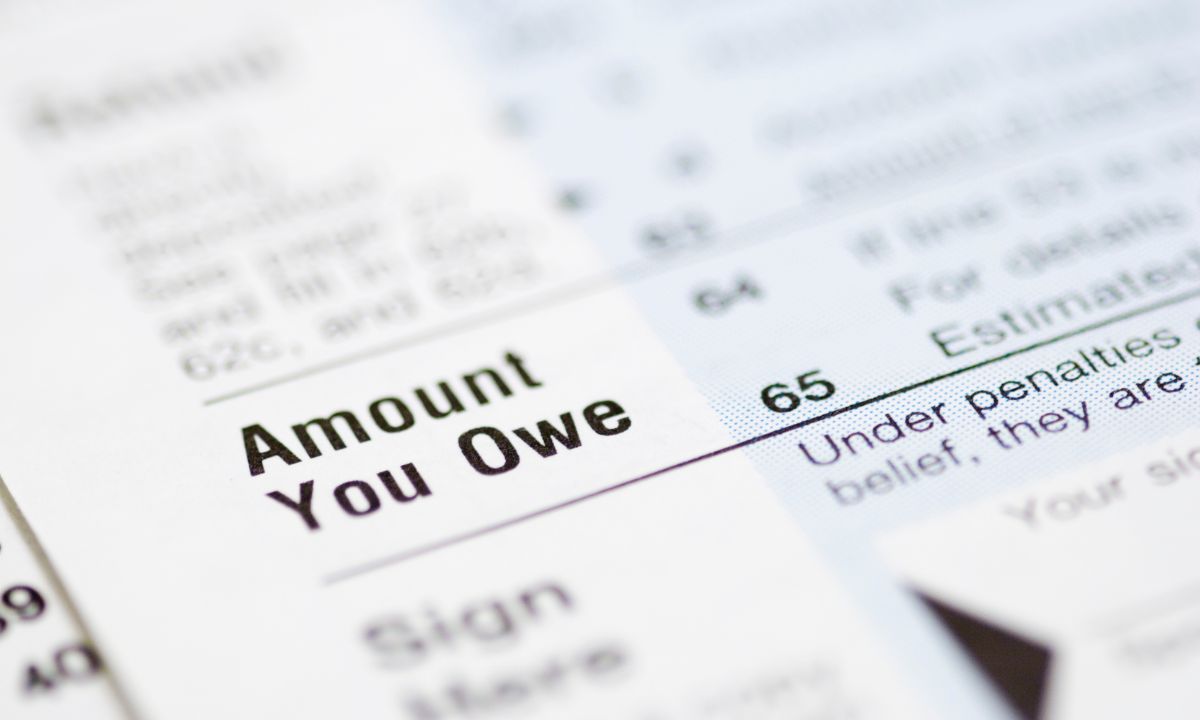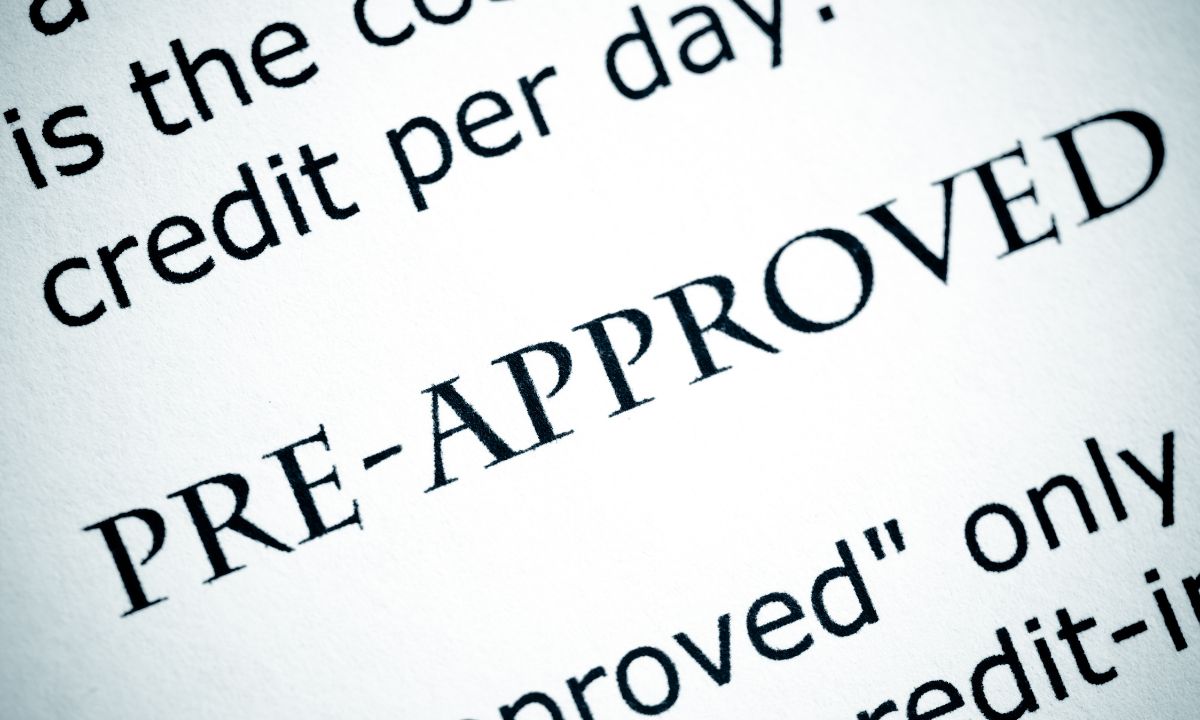 Buying a home is a major milestone, and knowing when you are truly ready can give you confidence throughout the entire process. Many future homebuyers wonder if their finances are strong enough or if they should wait another year. The truth is that homeownership readiness is less about perfection and more about preparation. When several key financial indicators line up, you can move forward with clarity, confidence, and a sense of stability.
Buying a home is a major milestone, and knowing when you are truly ready can give you confidence throughout the entire process. Many future homebuyers wonder if their finances are strong enough or if they should wait another year. The truth is that homeownership readiness is less about perfection and more about preparation. When several key financial indicators line up, you can move forward with clarity, confidence, and a sense of stability.
You Have Steady, Reliable Income
Lenders want to see consistent income, and this is one of the strongest signs you are ready to buy a home. Whether you are salaried, hourly, self-employed, or commission based, the goal is to show a predictable pattern. If your income has been stable for at least two years or if you have a new job offer in a similar field, you are likely to meet this requirement. Steady income helps lenders trust that you can handle a long-term mortgage payment.
You Have Built a Strong Credit Profile
A strong credit profile helps you qualify for better rates, which lowers your long-term costs. Paying bills on time, keeping balances low, and avoiding new debt in the months before applying all help build a healthy score. Even if your credit is not perfect, upward progress is a great sign. Lenders look for responsible credit habits and consistent on-time payments, so strengthening your credit is one of the best ways to prepare for homeownership.
You Have Savings Beyond Your Down Payment
Your down payment is important, but having money left over afterward is just as essential. Savings for closing costs, moving expenses, and an emergency fund help you stay financially secure once you buy a home. A good rule is to have at least one to two months of living expenses set aside after closing. This financial cushion protects you from surprises and gives you peace of mind as a new homeowner.
You Can Comfortably Afford a Monthly Payment
Being ready for homeownership means being able to handle your mortgage payment without stretching your budget. A comfortable payment includes not only the mortgage, but also homeownersí insurance, taxes, utilities, and maintenance. If you can estimate these costs and still have room for savings, entertainment, and daily expenses, that is a strong sign you are financially ready. A comfortable payment leads to long-term stability.
You Have Managed or Reduced Your Debt
You do not need to be debt free to buy a home, but manageable debt makes the process easier. Lower credit card balances, small car payments, and responsible loan management help strengthen your debt-to-income ratio. Lenders look at how much debt you carry compared to your income, so reducing balances or paying off high-interest accounts can make a big difference.
Being financially ready for homeownership is about more than numbers, it is about preparation, habits, and confidence. When your income is steady, your credit is improving, your savings are growing, and your debt is manageable, you are well on your way to owning a home you can enjoy for years to come.
 There are a lot of financing options available to help you purchase real estate, especially if you meet credit guidelines.
There are a lot of financing options available to help you purchase real estate, especially if you meet credit guidelines. You may have heard of points when looking for real estate. Maybe your loan officer told you that you can trade points for a better interest rate. That sounds good, but just what are points? We’ll give you a better idea of just what points are and how they work.
You may have heard of points when looking for real estate. Maybe your loan officer told you that you can trade points for a better interest rate. That sounds good, but just what are points? We’ll give you a better idea of just what points are and how they work. Finding a home at a bargain price can be exciting, especially in a competitive market. However, the lowest-priced home in a neighborhood is not always the best deal in the long run. While it may seem like a smart financial move upfront, there are several factors that could make it a less-than-ideal investment. Here is why buying the cheapest home on the block might not always work in your favor.
Finding a home at a bargain price can be exciting, especially in a competitive market. However, the lowest-priced home in a neighborhood is not always the best deal in the long run. While it may seem like a smart financial move upfront, there are several factors that could make it a less-than-ideal investment. Here is why buying the cheapest home on the block might not always work in your favor. Paying off your mortgage faster is a tempting goal. After all, who doesn’t want to own their home outright sooner and save on interest along the way? One way to do this is by lowering your amortization period, which is the time it takes to repay your mortgage in full. But is it the right move for you?
Paying off your mortgage faster is a tempting goal. After all, who doesn’t want to own their home outright sooner and save on interest along the way? One way to do this is by lowering your amortization period, which is the time it takes to repay your mortgage in full. But is it the right move for you?  If you’re considering buying a home while dealing with unpaid taxes, you might be wondering how your tax debt affects your mortgage approval. The good news is, it is possible to buy a home even if you owe taxes. Here’s what you need to know about how owing taxes can impact your homebuying process.
If you’re considering buying a home while dealing with unpaid taxes, you might be wondering how your tax debt affects your mortgage approval. The good news is, it is possible to buy a home even if you owe taxes. Here’s what you need to know about how owing taxes can impact your homebuying process. Buying a home is one of the biggest financial decisions you’ll ever make, and you want to make sure you’re as prepared as possible. Whether you’re just starting to browse homes or are ready to put in an offer, one of the most important steps you can take is getting preapproved for a mortgage. Not only does it streamline the home-buying process, but it also puts you in the best position to make a successful offer. Here’s why getting preapproved now, before you start your house hunt, can make all the difference.
Buying a home is one of the biggest financial decisions you’ll ever make, and you want to make sure you’re as prepared as possible. Whether you’re just starting to browse homes or are ready to put in an offer, one of the most important steps you can take is getting preapproved for a mortgage. Not only does it streamline the home-buying process, but it also puts you in the best position to make a successful offer. Here’s why getting preapproved now, before you start your house hunt, can make all the difference. Last week’s economic reporting included readings on sales of new and previously owned homes. State and federal data on new and continuing jobless claims were released along with Freddie Mac’s weekly report on mortgage rates.
Last week’s economic reporting included readings on sales of new and previously owned homes. State and federal data on new and continuing jobless claims were released along with Freddie Mac’s weekly report on mortgage rates. If you’re just jumping into the game of home purchasing, you are likely considering all of your loan options and may even have heard the term mortgage rate lock. For those who don’t like to gamble, a mortgage rate lock can offer a bit of reassurance, but there are also some downsides to this type of protection. Before signing off on this, here are the details on rate locks so you can make an informed decision.
If you’re just jumping into the game of home purchasing, you are likely considering all of your loan options and may even have heard the term mortgage rate lock. For those who don’t like to gamble, a mortgage rate lock can offer a bit of reassurance, but there are also some downsides to this type of protection. Before signing off on this, here are the details on rate locks so you can make an informed decision. Last week’s economic news included the NAHB Housing Market Index, Commerce Department releases on housing starts and building permits issued. Weekly reports on mortgage rates and new jobless claims were also released.
Last week’s economic news included the NAHB Housing Market Index, Commerce Department releases on housing starts and building permits issued. Weekly reports on mortgage rates and new jobless claims were also released.